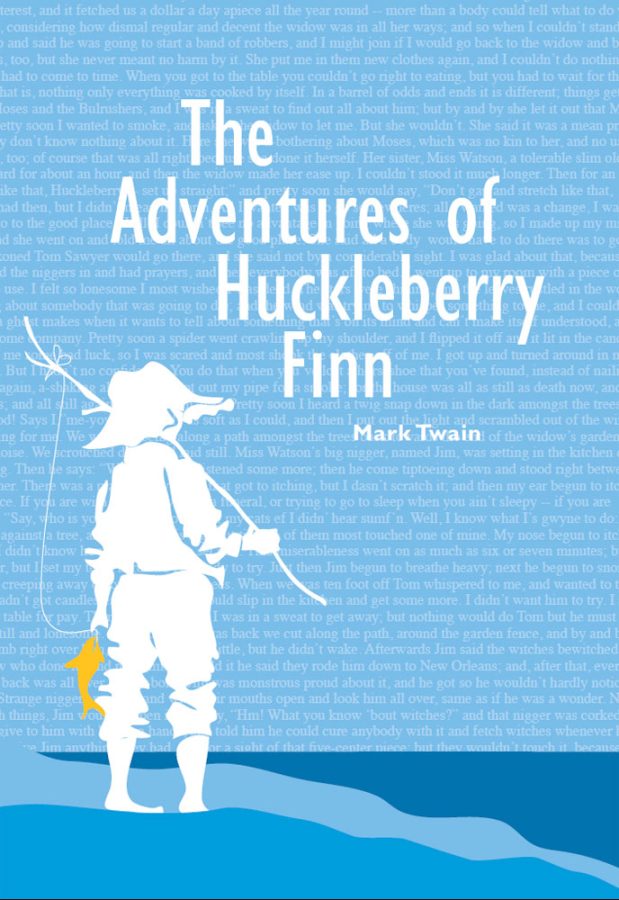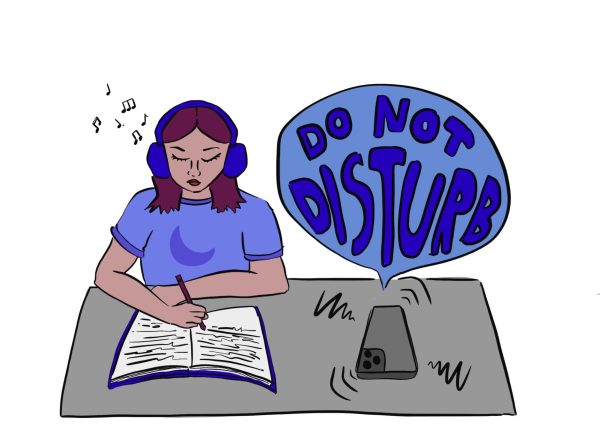Why We Should Still Read Huck Finn
Widely regarded as “The Great American Novel,” Mark Twain’s “The Adventures of Huckleberry Finn” is a story of Huck, a young white boy, and Jim, a runaway slave, journeying down the Mississippi River. However, in recent years, the novel has been confronted with mass criticism for its racist language and stereotypes, resulting in its removal from some school literature curricula — most notably in Minnesota and Massachusetts. But is banning the book the best choice, or is it just a way for us to turn a blind eye to America’s long history of racism?
“Huck Finn” is mired with racism, which several schools have cited as their number one reason for banning the novel. And this is undeniably true, evidenced by not only Twain’s descriptions of black people but also the 219 appearances of the n-word throughout the book. However, it is also important to consider the historical and social context of the text. Twain set his novel in the antebellum South and wrote it during a time period in which what we now perceive as “racist” was considered the social norm — the n-word was considered commonplace and portrays how white Americans referred to black people and slaves at the time.
In addition, Twain satirizes Southern white culture with depictions of white men as “white trash,” characterizing Pap (Huck’s father) as an abusive alcoholic and the duke and the king (two white men that Huck and Jim meet) as conniving swindlers. In reality, Twain is presenting the racism towards African Americans as unjustified by questioning stereotypes rather than perpetuating them, something that other white men of his time did not do.
Banning “Huck Finn” for its inherent racism would essentially be censoring a part of American history that has shaped modern society. We would be removing an outlet that could allow students to experience and accurately learn about the antebellum South, therefore limiting our understanding of stereotypes and racism. Yes, it is true that seeing the n-word in text form and reading about the brutal mistreatment of African Americans are causes for discomfort — but the provocativeness of “Huck Finn” is what makes it so necessary to be taught in schools. Juxtaposing racist stereotypes with his mockery of white men, Twain wants us to feel annoyed, bitter, or disgusted by the unfair treatment of African Americans in his novel to the point where we cannot stay silent anymore.
“The novel sparks conversations about racial relations and also about the moral nuance of words and actions,” literature teacher Ellie Pojarska said.
While reading “Huck Finn” in my literature class, for example, Pojarska invited Director of Diversity and Community Jackee Bruno to speak about the history, connotations, appropriateness of the n-word — a helpful discussion that never would have taken place without “Huck Finn.” Furthermore, “Huck Finn” inspired conversations and debates about racism in and out of the classroom, further broadening students’ understanding of racism and discrimination.
“[‘Huck Finn’] represents a crucial part of American history that we can’t get rid of or forget about, as much as we want to,” junior Vincent Chen said.
We cannot just ignore topics, such as racism and the n-word, that generate discomfort. We need to discuss, acknowledge, and learn from the past — and reading “Huck Finn” at Pinewood has allowed students to do just that.






